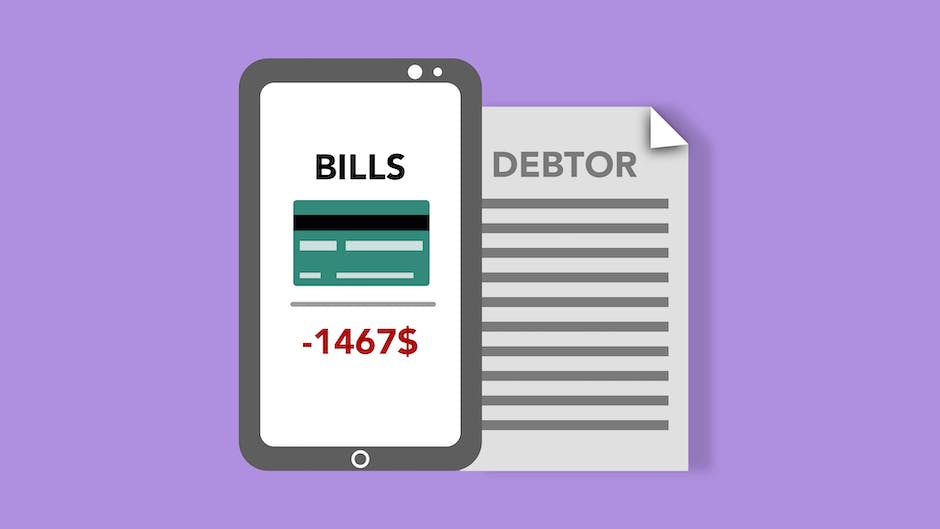You don’t have to be a financial wizard to know that being frugal is a great way to save money. In fact, frugality is an approach to finances that’s becoming more popular as people try to stretch their dollars. Whether you are living paycheck to paycheck or looking to maximize your savings, frugal living can help you achieve your goals. Here are some real-life success stories about the power of frugal living.
1. Living within Means

The first step in living frugally is learning to live within your means. This involves creating a budget, tracking expenses, and avoiding debt. The aim of living within your means is to prioritize your spending and focus on what’s important.
Living frugally starts with creating a budget. Determine your monthly income, and then create a spreadsheet that tracks your monthly expenses. This will help you understand what you are spending your money on and where you can make cuts. It’s important to be realistic with your budget, so you are not living too frugally that you end up feeling deprived. When creating your budget, prioritize your expenses and focus on what’s important. This might involve cutting back on non-essential expenses such as dining out, cable TV or your post-work happy hour drinks.
It’s also important to avoid debt. Credit card balances and loans come with interest rates that can quickly add up over time, leaving you with a mountain of debt. To avoid this, make sure you not only pay your bills on time, but also pay in full every month. This will help you save on interest and avoid the trap of spending beyond your means.
2. Saving Money on Groceries

Groceries are a major expense for most families, but there are plenty of ways to save money on food. One of the best ways to save money is to go grocery shopping with a plan. This means meal planning ahead of time, creating a grocery list and sticking to it.
Buying generic products is another great way to save money on groceries. Most generic products are manufactured by the same companies as their name brand counterparts, so the quality is often just as good, if not better. Buying in bulk can also yield significant savings. Stores like Costco and Sam’s Club are great places to purchase bulk items at discounted prices. Try to buy non-perishable items in bulk, like toilet paper or cleaning supplies, that you use frequently.
Using coupons is another way to save money on groceries, you don’t have to be an extreme couponer to make a difference in your grocery bill. Websites like Coupons.com and RetailMeNot offer numerous coupons for everyday groceries. You can also use your store’s app to find exclusive deals, and some retailers offer double coupon days that can double your savings.
3. Thrifty Home Improvement

Home improvement can be a great project to improve the aesthetic value of your home, but it can also be quite expensive. There are, however, various ways to make it more affordable. Instead of hiring a contractor for a small project, consider doing it yourself or hiring a handyman. Doing things like painting a room, adding new fixtures or even replacing grout can be done on your own as a weekend project.
Making eco-friendly decisions can also save you big on your home improvement costs. For instance, using salvaged or repurposed materials, can give your home a unique look while saving some money. In addition, shopping sales can offer significant discounts on the supplies you need to complete the project. By taking the DIY approach, you can achieve a great looking home on a budget.
4. Crazy for Coupons

Coupons are an excellent tool for saving money on your everyday expenses. And the great news is that you do not need to be an extreme couponer to save big. Consistent use of coupons can help you save money on everything from groceries to toiletries to travel. The key to using coupons effectively is to have a plan in place. Filter offers by stores you frequent, save coupons into a binder or coupon app, and try to stay organized.
Joining store loyalty programs can also offer significant savings. Many grocery stores offer discount codes to customers who have a rewards card, and some stores even offer discounted gas based on purchases. Lastly, don’t forget to ask for a discount when shopping. Some stores offer discounts to military service members or AAA members, and some restaurants offer discounts for senior citizens.
5. Ditching Expensive Hobbies

It’s possible to enjoy hobbies without breaking the bank. Hobbies can become expensive, but there are alternatives that will help you make it more affordable. Instead of pursuing high-cost interests such as skiing or golf, consider low-cost alternatives like hiking or gardening. Many communities offer free courses and programming for residents that you can attend at a low cost.
Try to find activities that have a low startup cost, especially if you are new to something. Additionally, look for ways to participate that don’t involve buying new equipment or accessories. Above all, remember that frugality isn’t about deprivation; it’s about finding enjoyment in activities that don’t require massive amounts of spending.
6. Embracing DIY Projects

DIY projects can save you money and be enjoyable as well. By tackling projects yourself, not only will you save on labor costs, but you will also gain valuable hands-on experience that can be used in the future. Feeling up for a challenge? You may want to try your hand at a large-scale project such as making your own furniture or reupholstering an old chair instead of buying it new.
When it comes to fashion, a sewing machine can help you make your own clothes at a fraction of the price of purchasing new ones from a store. With step-by-step tutorials available online, you can learn to make almost anything, from a simple skirt to an intricate blouse. Not only does this save money on clothes, but it’s also great for the environment as well.
7. Frugal Travel
Travel can be expensive, but there are ways to cut costs. Instead of traveling overseas, why not try visiting local attractions? Travel rewards and miles are also important tools for frugal travelers as they can save on flights and hotel stays. Additionally, there are numerous websites for booking affordable accommodations like Airbnb.
To help keep things cheap, it’s important to be flexible with your plans. Book your travel during off-seasons, in the middle of the week or prefer to stay home during the peak of the tourist season. Lastly, doing some research and asking around can open up a range of unknown and cost-effective options to make the most of your travel experience.
8. Minimizing Debt
Minimizing debt is about more than just spending less. It’s about learning to live within your means and avoiding debt traps, consolidating debt among others. Start by creating good spending habits and avoiding the temptation of overspending.
It’s also important to monitor your credit report for mistakes and to ensure that you are aware of potential red flags. By doing this consistently, you can avoid late payment fees and prevent errors in the future.
In the case that you have found yourself in debt, taking advantage of resources such as nonprofit credit counseling or seeking financial advice can help you with consolidation, negotiating with creditors and creating a realistic payment plan. By following these steps to minimize debt and educate yourself on the available resources, you can work your way towards a debt-free lifestyle.
9. Finding Low-Cost Entertainment
Entertainment expenses can add up quickly, so it’s important to find low-cost options that are still enjoyable. Consider checking out free events, museums, art galleries or local concerts. Additionally, hosting a game or movie nights with friends and family can be a great way to save money and bond with those closest to you.
Volunteering is also a great way to give back to your community while enjoying a new experience. By helping out your community and the needy people in it, you will feel fulfilled and generate a deeper appreciation for community. Be sure to check with the local organizations to see what needs are available to make an impact in your community and those around you..
10. Sticking to Frugal Habits
Sticking to the frugal lifestyle takes time and perseverance. After a certain point, frugality becomes second nature, but it will take discipline and dedication especially when in difficult times.
Sticking to your budget and the frugal habits will help you to leverage the benefits of living a frugal lifestyle. Having a financial plan in place will help you create goals, mirror on your current progress and inspire you to continue moving forward. Be sure to access resources such as frugality communities, online forums and events, for motivation, accountability and advice on how to keep up the frugal lifestyle.







